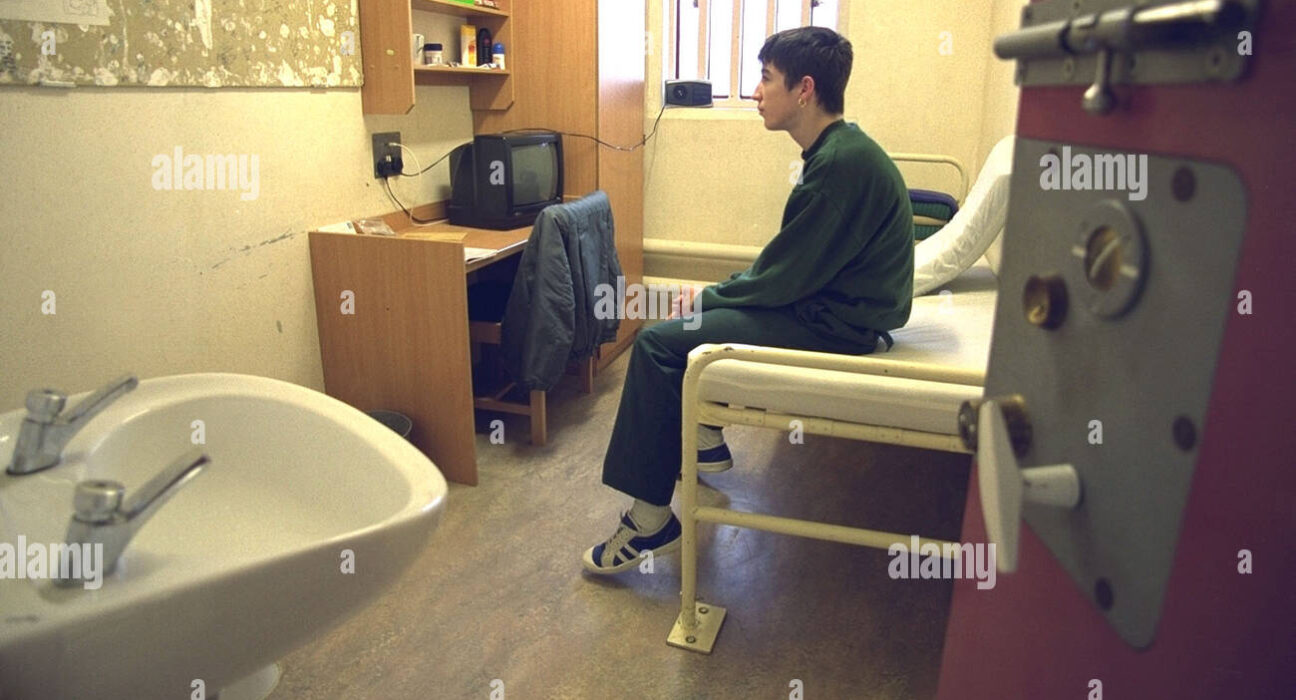Young offenders like L.J. often find themselves trapped in a system that adds months, or even years, to their detention without any credit for the time spent waiting behind bars. Imagine being a teenager caught up in minor offenses, cycling in and out of custody, only to realize that more than half of the time spent locked up doesn’t count towards your sentence – it’s what they call “dead time.”
In the adult system, there’s something known as “time served,” where any period spent awaiting trial is deducted from the ultimate prison sentence. However, this crucial benefit is missing in many juvenile detention systems across about two dozen states. As a result, young individuals are left languishing in confinement away from their families at significant taxpayer expense.
The Impact of Dead Time
“It is just time that they are essentially being warehoused. It really is a waste…Time that kids spend locked up has an extraordinarily negative impact on them.” This sentiment by Amy Borror from the Gault Center sheds light on how this dead time not only hinders rehabilitation but also robs these youths of valuable moments with their loved ones and normalcy during critical developmental years.
At its core, the juvenile justice system aims to be rehabilitative rather than punitive – focusing on providing services to help young individuals redirect their lives positively. Unfortunately, the lack of time credit provisions often results in extended stays within detention facilities without access to adequate services or educational opportunities.
A Flawed System: Rehabilitation vs. Punishment
The discrepancy between adult and youth systems becomes glaring when considering fundamental rights and disparities among different states in treating young offenders. While detention may serve as a temporary solution due to public safety concerns, prolonged stays without proper programs lead to adverse effects on minors’ well-being and future prospects.
As Eduardo Ferrer aptly puts it, extended periods spent in detention can be harmful rather than beneficial for young individuals seeking guidance and support to navigate away from criminal activities.
The cost implications further underscore the inefficiency of detaining youths without meaningful progress towards rehabilitation. The financial burden incurred per night per child detained raises questions about resource allocation and whether alternative approaches could yield better outcomes for both juveniles and society at large.
The Human Toll
Tyler McDaniels’ experience reflects how dead time makes one feel like merely existing – stagnant and drained of energy with no forward progress or sense of purpose. Stories like his highlight not just individual struggles but also systemic failures resulting in long-term trauma inflicted upon vulnerable youth who deserve a chance at redemption rather than prolonged incarceration.
The journey towards justice reform remains an uphill battle as legislative efforts falter or face bureaucratic hurdles along the way. While some states attempt reforms such as granting credit for time served or expediting transfers post-adjudication, challenges persist in ensuring equitable treatment across jurisdictions.
Hope Amidst Adversity
Despite enduring hardships within detention centers, stories emerge of resilience and growth among former detainees striving towards brighter futures beyond their past mistakes. Individuals like Torres finding purpose through education or L.J.’s pursuit of vocational skills signify untapped potential awaiting realization once obstacles such as dead time are addressed effectively.
In conclusion, tackling the issue of dead time involves not just policy adjustments but also a shift towards holistic rehabilitation strategies that prioritize youths’ well-being over punitive measures—an essential step towards nurturing productive citizens rather than perpetuating cycles of incarceration.

